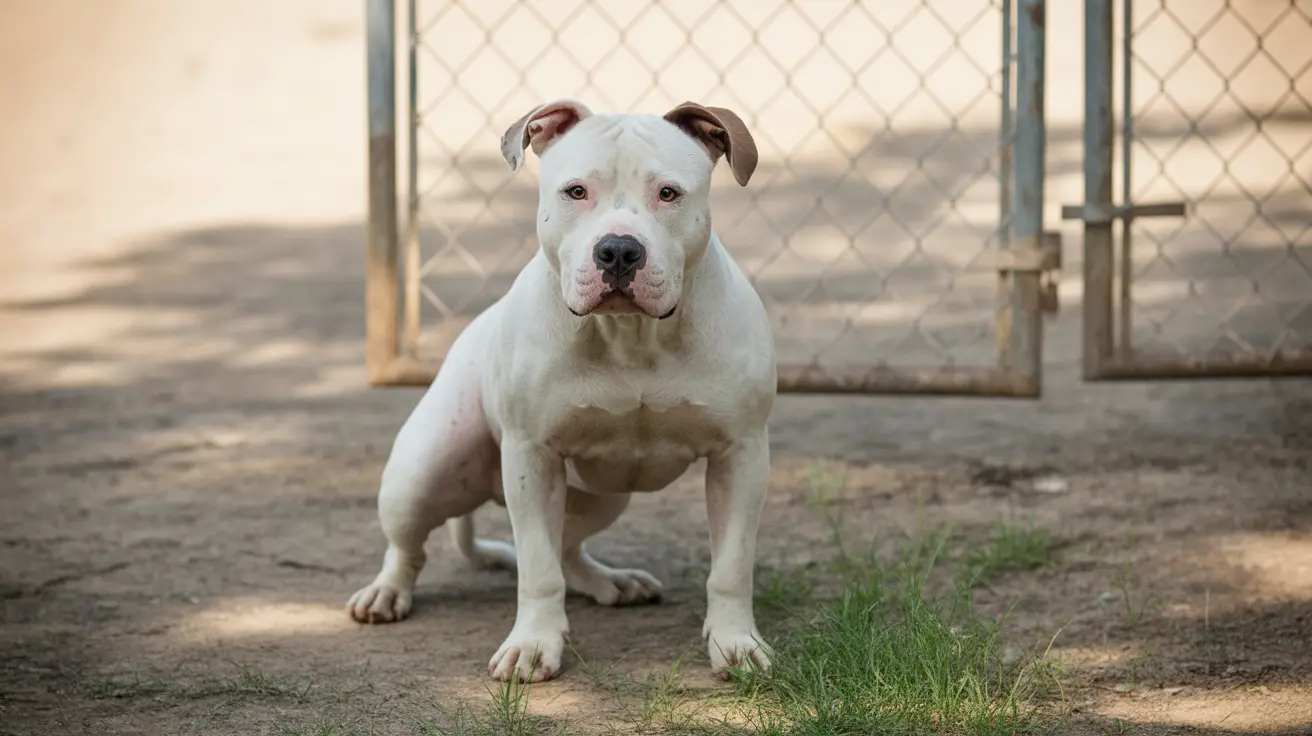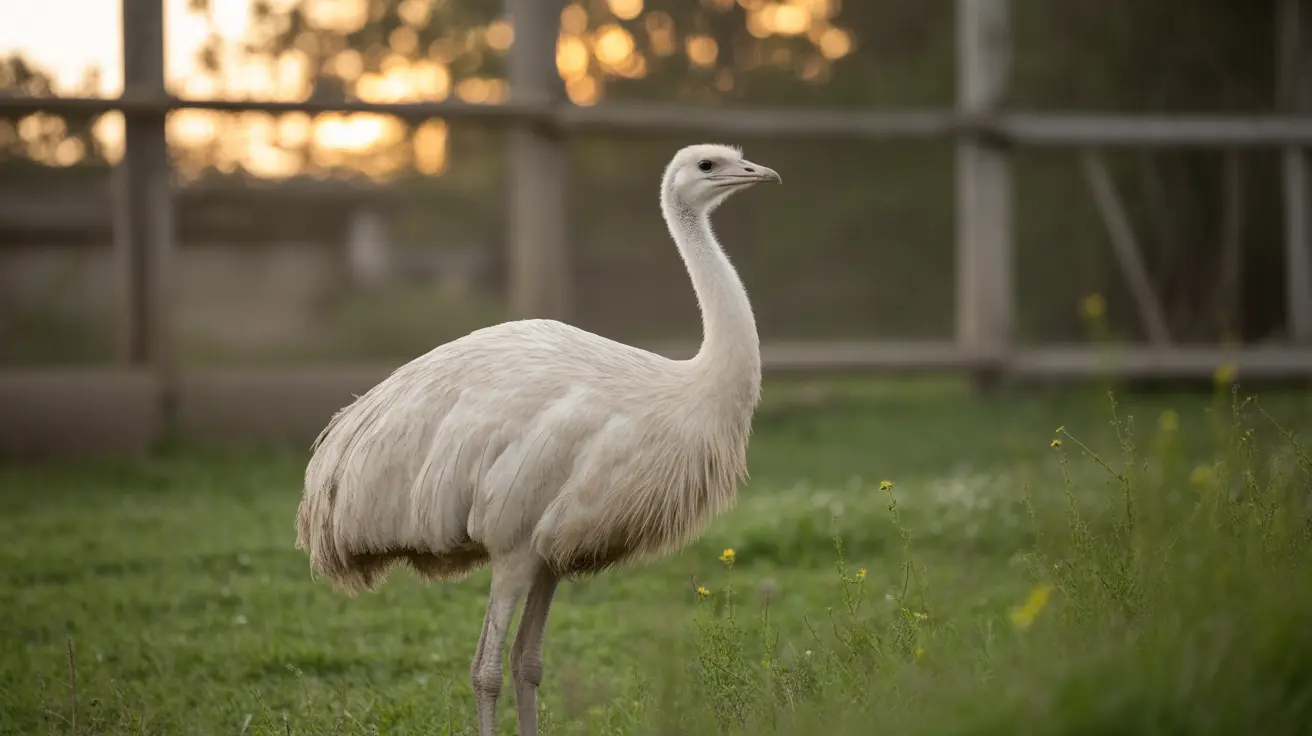If you've ever peeled a mandarin and noticed your furry friend's eager eyes following your every move, you might wonder whether sharing this sweet, citrusy treat is safe. As more pet owners become conscious about incorporating fresh foods into their dogs' diets, questions about mandarins and other citrus fruits have become increasingly common.
Let's explore everything you need to know about feeding mandarins to dogs, including safety guidelines, potential benefits, and important precautions to keep your pet healthy and happy.
Can Dogs Have Mandarin Oranges? The Basic Facts
Yes, dogs can safely eat mandarin oranges when properly prepared and given in moderation. These sweet citrus fruits can serve as an occasional treat, providing some nutritional benefits through their vitamin C, fiber, and potassium content. However, it's crucial to remember that mandarins should never make up more than 10% of your dog's daily caloric intake.
While mandarin oranges aren't toxic to dogs, they do contain natural sugars that can contribute to weight gain or digestive issues if overfed. For this reason, they should be considered an occasional treat rather than a dietary staple.
Can Dogs Eat Orange Slices? Proper Preparation Methods
When it comes to feeding orange slices to your dog, preparation is key. Remove all seeds and membranes, and cut the flesh into small, manageable pieces to prevent choking hazards. This is especially important for smaller breeds.
Follow these guidelines for safe serving:
- Remove all peel and white pith
- Take out any seeds
- Break segments into smaller pieces
- Start with a tiny amount to test tolerance
- Limit treats to one or two segments per day for medium-sized dogs
Can Dogs Eat Orange Peels? Important Safety Warnings
Orange peels are strictly off-limits for dogs. The peels contain concentrated oils and compounds that can be toxic to dogs, potentially causing serious digestive issues or even neurological problems. Additionally, peels are difficult to digest and can cause intestinal blockages requiring emergency veterinary care.
Symptoms of orange peel consumption may include:
- Vomiting and diarrhea
- Abdominal pain
- Loss of appetite
- Drooling
- Behavioral changes
- Skin sensitivity to sunlight
Safety Guidelines and Serving Recommendations
When introducing mandarins or orange slices to your dog's diet, follow these essential safety guidelines:
- Start with a single, small piece to monitor for any adverse reactions
- Only offer fresh, clean fruit
- Never give canned or preserved citrus fruits
- Avoid orange juice entirely
- Keep portions small and occasional
Frequently Asked Questions
Can dogs safely eat mandarin oranges and how much should I give?
Yes, dogs can safely eat mandarin oranges when properly prepared. Offer 1-2 segments for medium-sized dogs, less for smaller breeds. Always remove peels, seeds, and membranes before serving.
Are orange peels harmful to dogs and why should they be avoided?
Yes, orange peels are harmful to dogs. They contain essential oils and compounds that can be toxic, cause digestive problems, and create potential blockages in the digestive system.
Can dogs eat orange slices, and how should they be prepared for my pet?
Dogs can eat orange slices if properly prepared. Remove all peel, pith, and seeds, then cut into small, manageable pieces. Start with small amounts to test tolerance.
Is it safe to give my dog mandarin oranges if they have diabetes or a sensitive stomach?
Dogs with diabetes or sensitive stomachs should avoid mandarin oranges due to their sugar content and potential to cause digestive upset. Consult your veterinarian before introducing any new foods.
Can dogs drink orange juice or is it dangerous for them?
Orange juice is not recommended for dogs. It's too concentrated in sugar and acids, and commercial varieties may contain artificial sweeteners like xylitol, which is toxic to dogs.
Remember that while citrus fruits can be safe treats for most dogs, they're not necessary for a balanced diet. Always consult with your veterinarian before making significant changes to your pet's diet, especially if they have underlying health conditions.






